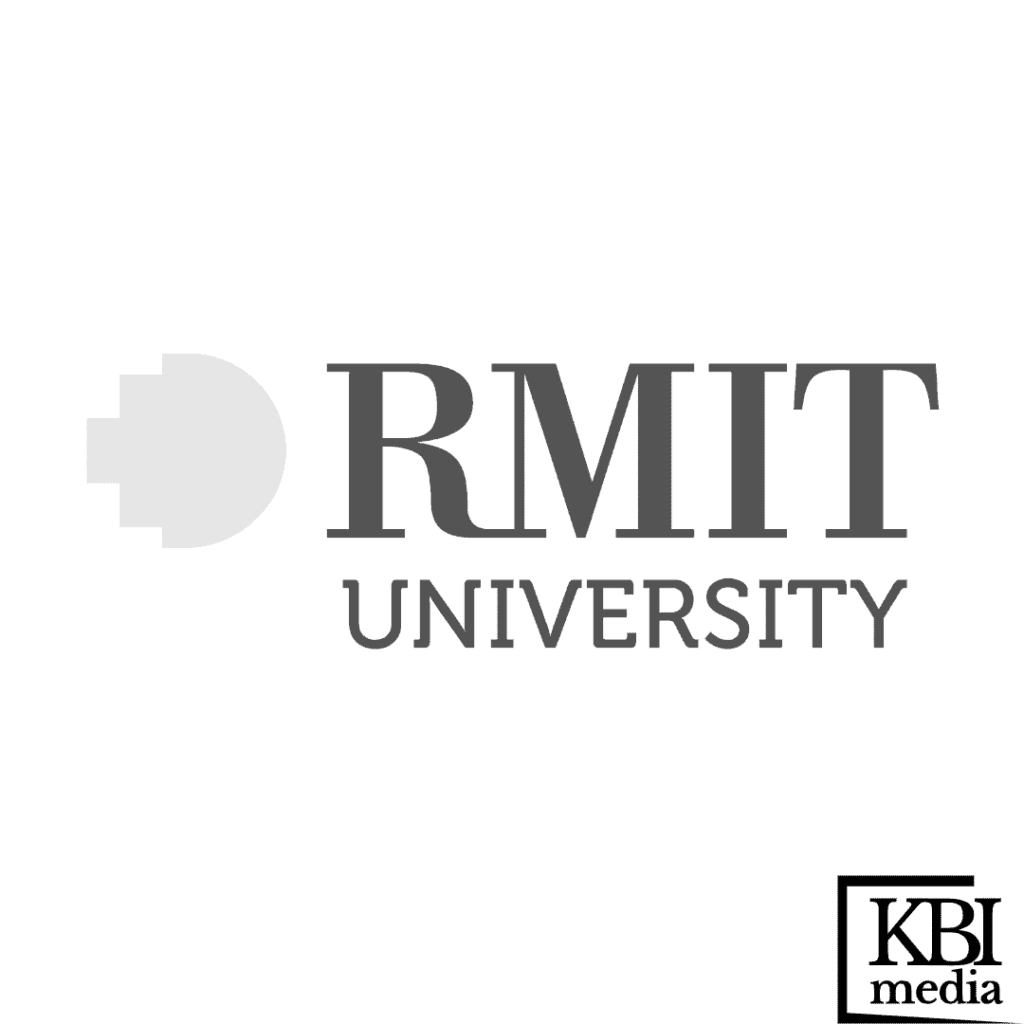For Context
As Australia’s three levels of government undergo a digital transformation, meeting the increasing demand for efficient, citizen-centric services is critical.
Technology plays a central role in this transformation, enabling governments to better connect with their citizens while maintaining compliance and digital trust.
But rather than focusing solely on low-code, the real value lies in platforms that provide a modular approach – think building with Lego blocks.
These platforms empower governments to simplify complex business processes, enable multiple citizen journeys, and, perhaps most crucially, protect recent technological investments.
Government departments and agencies want the flexibility to scale their digital services while safeguarding past investments, providing the ability to expand or upgrade in line with future needs.
Intelligent, low-code platforms that leverage a robust rules engine, utilising AI and machine learning (ML), deliver innovative ways to meet these needs.
And the platforms that solve these problems need to tackle complex issues across various domains, including document and application management, while remaining compliant with local standards.
For example at Newgen we work closely with cloud providers like AWS and Azure within Australia, to ensure adherence to data residency requirements and security regulations, addressing a fundamental and critical public-sector concern.
Ready-to-use Public Sector Solutions
Beyond modularity and flexibility, there has been significant investment across the industry in developing ready-to-use solutions tailored for the public sector, such as grants management and correspondence management.
These systems enable streamlined operations, reduce costs, and improve overall service delivery. For example by utilising AI/ML technologies into these platforms, government organisations are better empowered to automate repetitive tasks, resulting in faster, more efficient workflows.
Real-world Impact
Recently Macquarie University Hospital in Australia utilised our low-code platform to streamline administrative and clinical workflows. They are now able to integrate advanced AI algorithms that improve patient care and reduce operational inefficiencies by two times, with more than 99% document accuracy – something not possible with manual handling by employees.
It resulted in significant cost cuts for the hospital, and simultaneous improvement in service delivery through the digitisation of critical processes.
Since 2011, the Residential Tenancies Bond Authority (RTBA), now part of the Department of Government Services in Victoria, has processed more than 1.5-2 billion dollars’ worth of transactions annually, equating to approximately 600,000 transactions each year.
Originally reliant on paper, the RTBA transitioned to a 90% digital platform for bond lodgement, which has been invaluable, particularly during the COVID-19 pandemic. This transformation not only improved operational efficiency but also ensured the continuous, secure processing of transactions through integrations with key entities like VCAT, DFFS, and Homes Victoria. The RTBA’s adoption of this platform showcases the long-term impact of a flexible, robust digital solution.
Utilising low-code platforms with modular features more seamlessly allow government agencies to efficiently and effectively meet the ever-changing needs of their citizens. They are contributing to government at all levels to increase cost efficiency, become more agile, whilst remaining compliant and better prepared for the future.




